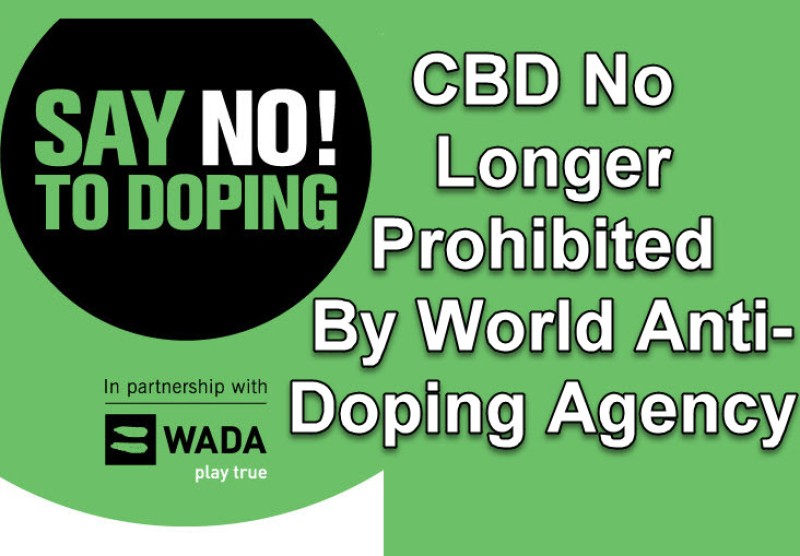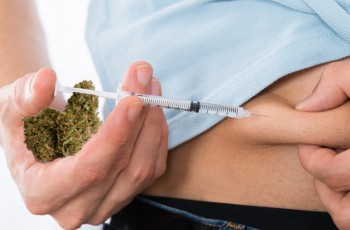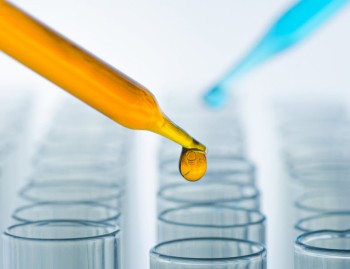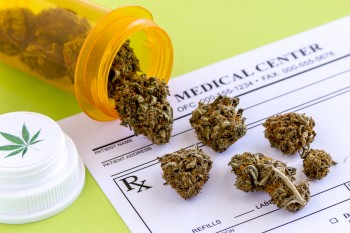CBD No Longer Prohibited By World Anti-Doping Agency
Cannabidiol (CBD) is no longer going to be an issue for athletes, thanks to changes made in the banned substances list of the World Anti-Doping Agency (WADA).
WADA, the group that oversees drug testing for the Olympics, is also responsible for setting anti-doping guidelines in several international sports leagues including the Ultimate Fighting Championship (UFC) among others.
In a September 29 statement, WADA states, “Cannabidiol is no longer prohibited.” However, they warn that THC, which may be lurking in CBD products, remains banned. “Cannabidiol extracted from cannabis plants may contain varying concentrations of THC,” says WADA, encouraging athletes to practice caution before consuming CBD products. Consuming cannabis is likewise still generally banned and anyone who tests positive for it can face long suspensions.
WADA’s new guidelines are effective beginning January 1, 2018. Until then, CBD will still follow the 2017 guidelines which state that it’s still prohibited. WADA releases a list of banned substances each year, as they regularly analyze research from the scientific and medical community and apply it to their banned substances lists.
“Annually, the Prohibited List review involves a very extensive stakeholder consultation process over the course of nine months,” says Director General Olivier Niggli. “In reviewing the List, experts examine such sources as: scientific and medical research; trends; and, intelligence gathered from law enforcement and pharmaceutical companies in order to stay ahead of those that endeavor to cheat the system.”
Even though many truly harmful drugs are on the banned substances list of the International Olympic Committee, cannabis was the first to be prohibited because it remains illegal in most parts of the world. Aside from that, sports officials were concerned that cannabis consumption would hurt “the spirit of the sport” and this is why cannabis stayed on the banned list for a long time.
For a substance to be included on WADA’s banned substances list, it should meet two out of three requirements:
- The substance has the potential to improve or enhance sports performance
- The substance presents actual or potential risks to athletes
- The substance violates the spirit of the sport

Impact of WADA’s Changes
The news from WADA is a big deal, especially for athletes such as UFC star Nate Diaz who was issued a public warning last year by the agency. “It helps with the healing process and inflammation, stuff like that. So you want to get these for before and after the fights, training. It’ll make your life a better place,” says Diaz.
Diaz isn’t alone; the international community of athletes including NFL players have also been in hot water for using cannabis for relief. This change marks a significant loosening of restrictions and thus attitudes in part of the anti-doping organization, and it will be interesting to observe how many other organizations may or may not adopt WADA’s stance on CBD.
Over the past few years, WADA has also loosened restrictions on THC, the psychoactive compound in cannabis. Previously the allowable amount of THC during a competition was 15 ng/ml, although today it stands at 150 ng/ml. “Our information suggests that many cases do not involve game or event-day consumption. The new threshold level is an attempt to ensure that in-competition use is detected and not use during the days and weeks before competition,” says WADA spokesperson Ben Nichols.
The progressive changes made by WADA is a good sign considering that the US government still isn’t doing anything about reclassification of cannabis as a Schedule 1 drug. The fact that cannabis is still illegal at the federal level makes it nearly impossible for researchers to successfully produce double blind placebo-controlled studies analyzing the effects of CBD on the human body. However, preclinical trials prove the efficacy of CBD as a pain reliever as well as an anti-inflammatory, anxiolytic, neuroprotectant, and anxtioxidant.
Anecdotal evidence of the efficacy of CBD for athletic performance and recovery is becoming more commonplace with more athletes coming out of the green closet and admit to using the plant. Lifting the ban on CBD will enable more athletes, particularly those who are prone to head traumas and concussions to use this opportunity to recover using natural medicine.
OTHER STORIES YOU MAY ENJOY...
BEST CBD PRODUCTS TO BUY, READ THIS...







